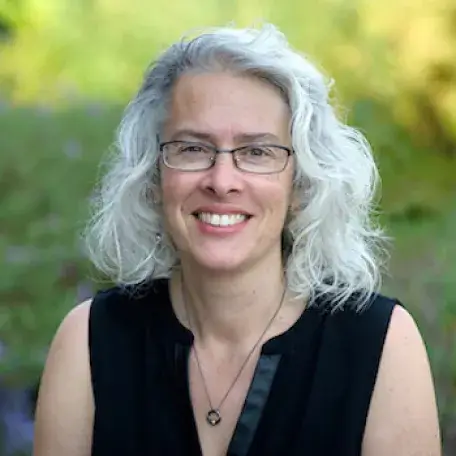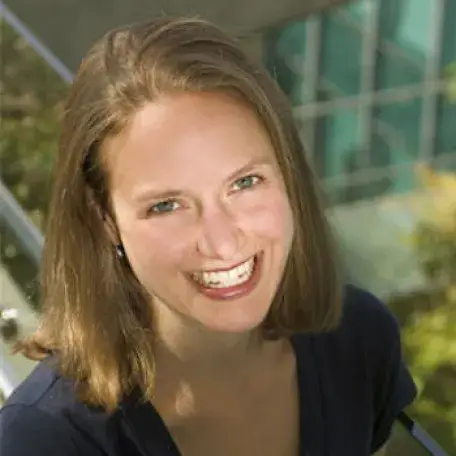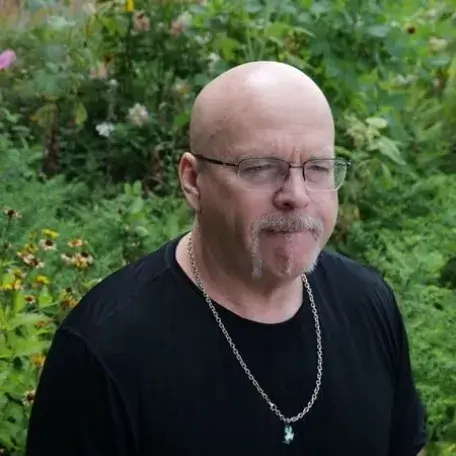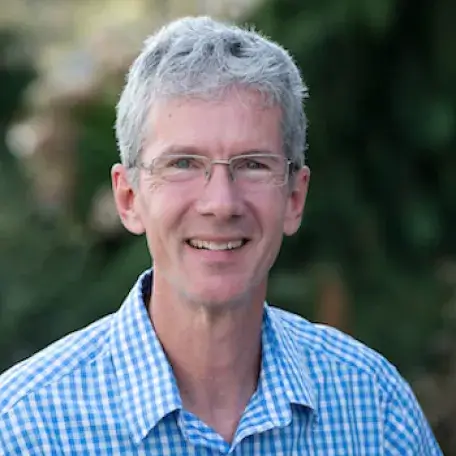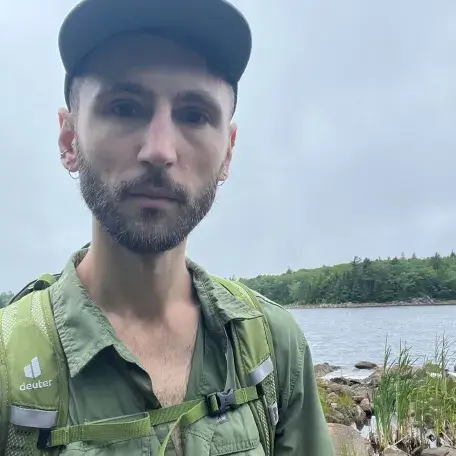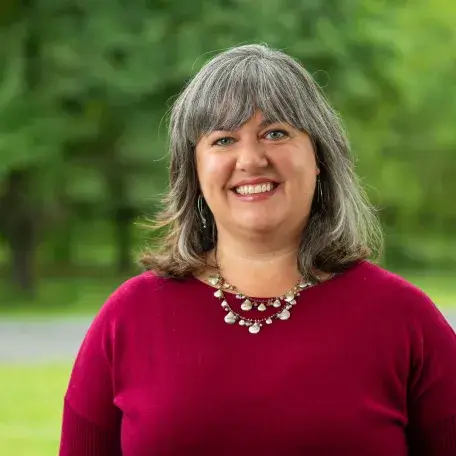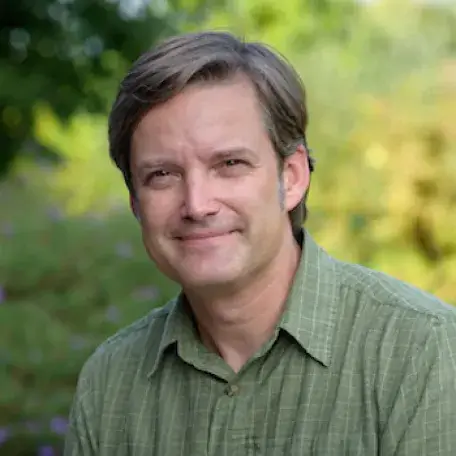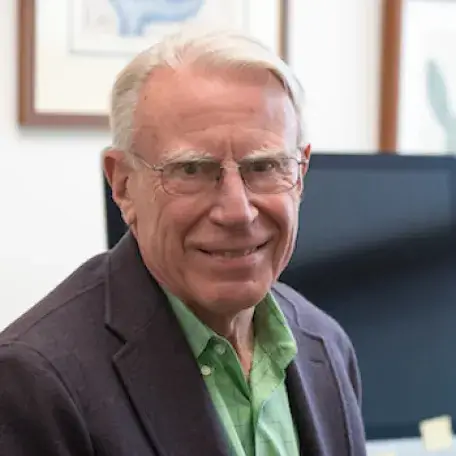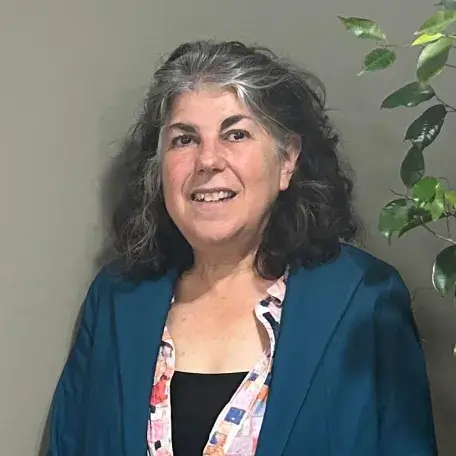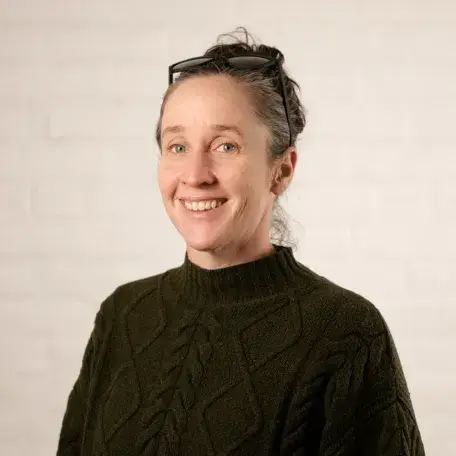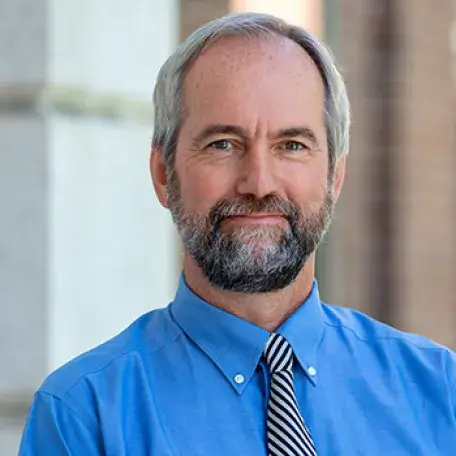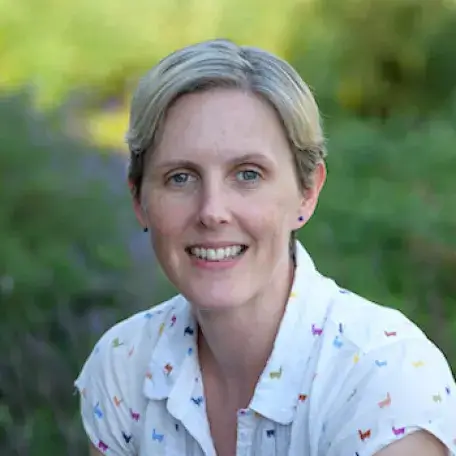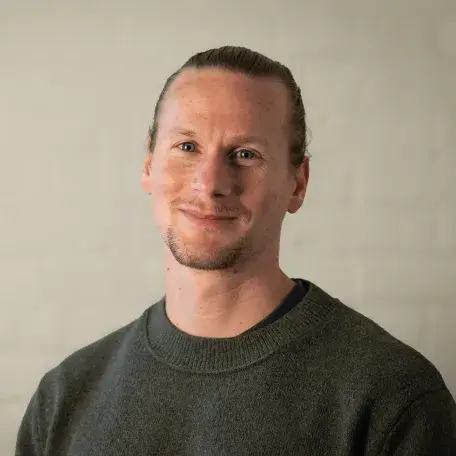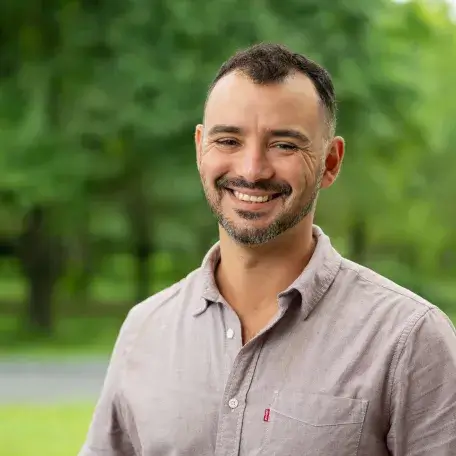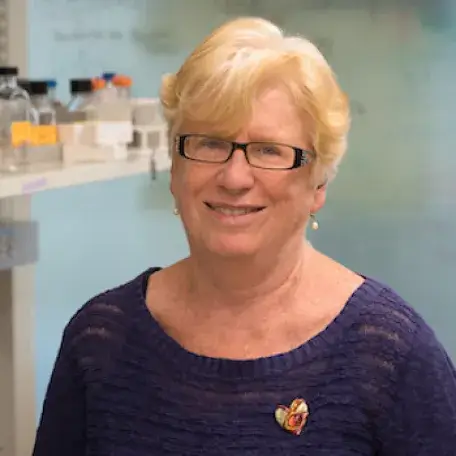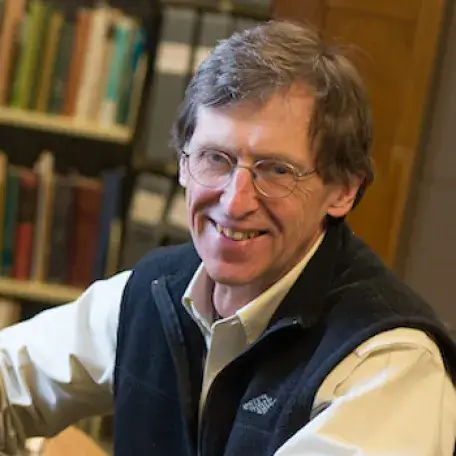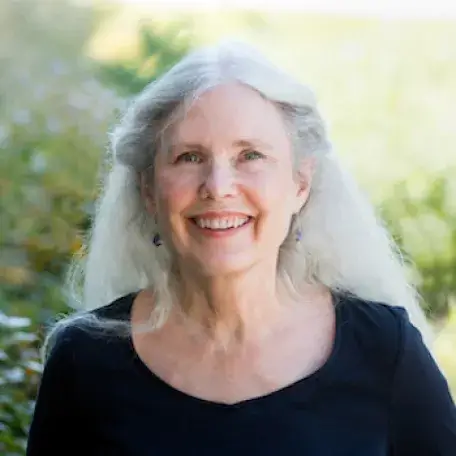Faculty Members
Professor • Chair
Jeanne.Harris@uvm.edu- Plant developmental biology
- Plant-microbe-interactions
- Plant physiology
Senior Lecturer
Laura.Almstead@uvm.edu- promoting student engagement in large introductory science courses
- curricula development focusing on teaching of cell biology, biochemistry, and food chemistry
Professor of Plant Biology • Professor of Computer Science • Fellow, Gund Institute for Environment
Brian.Beckage@uvm.edu- Ecological systems
- Earth-system modeling
- Human behavior
Associate Professor
Terrence.Delaney@uvm.eduPlants and fungi, plant biology and disease, plant-pathogen interactions, molecular genetics, mushrooms, nature, environment.
Lecturer
karsten.fatur@uvm.edu- Ethnobotany
- Plant secondary metabolites
- Plant identification and classification
Senior Lecturer • Director - Native Plant Initiative
lhill@uvm.eduPlant biology, ecology and evolution of native plants, nature-based climate solutions, sustainability across-the-curriculum, contemplative pedagogy, scholarship of teaching and learning.
Associate Professor of Plant Biology
Stephen.Keller@uvm.edu- Population and ecological genomics
- Quantitative genetics
- Evolution
- Genomic forecasting
- Conservation
- Climate change
- Forest trees
- Alpine plants
Research Associate Professor
Philip.Lintilhac@uvm.edu- Plant morphogenesis
- Sexual differentiation
- Cell wall biophysics
Professor of Plant Biology
Jane.Molofsky@uvm.edu- Evolution of invasiveness
- Population dynamics
- Coexistence in plant communities
Lecturer
renee.petipas@uvm.edu- Plant-microbe interactions
- Evolutionary ecology
- Inclusive pedagogy
Director, Field Naturalist Program • Senior Lecturer
walter.poleman@uvm.edu- landscape analysis
- place-based education
- land conservation
- social-ecological systems science
Director of Scientific Research, Proctor Maple Research Center • Assistant Professor
tim.rademacher@uvm.eduMaple syrup and sugaring, forest health, sap collection systems, sap and syrup quality, sap processing, managing maple forests.
Assistant Professor • Director of the Pringle Herbarium
Weston.Testo@uvm.edu- plant systematics and evolution
- phylogenomics
- comparative phylogenetic methods
- specimen-based research
- tropical plant diversity
- Vermont flora
Associate Professor
Mary.Tierney@uvm.edu- Endosomal trafficking
- Control of root and root hair growth
Emeriti Faculty Members
Professor Emeritus
David.Barrington@uvm.edu- plant systematics and evolution
- genus Polystichum
Botany Instructor, Field Naturalist Program • Senior Lecturer Emerita
Cathy.Paris@uvm.edu- Plant systematics and evolution
